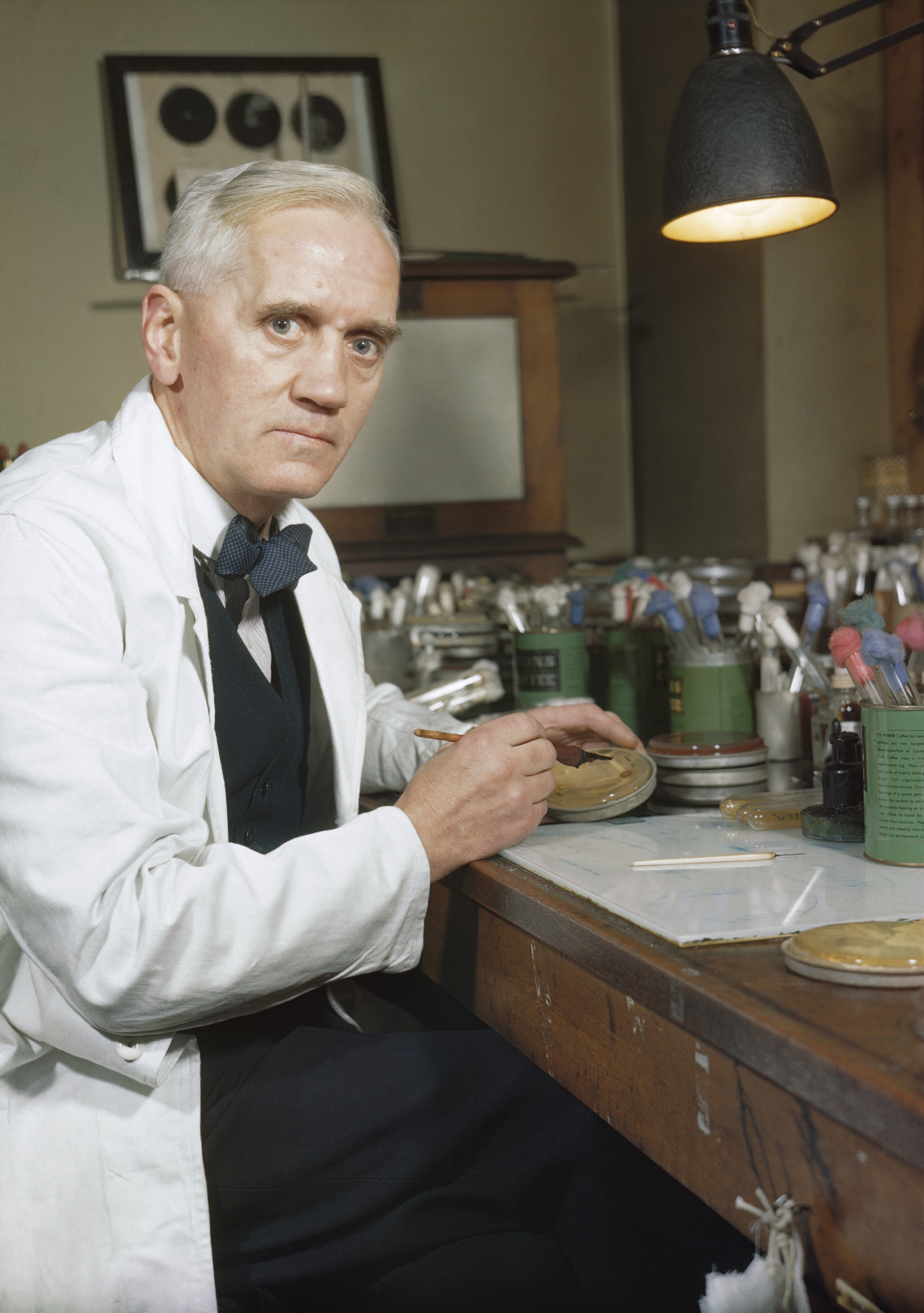As I’m repeatedly told, nobody’s perfect, least of all me. We all have our flaws, our weaknesses and our failures but that doesn’t mean we should strive to be better. My view is that while we can’t be perfect, that doesn’t mean we can’t be perfectionists.
I spend a lot of my time writing things, newspaper articles, emails and reports for clients and it always upsets me when I look at something I wrote some while ago and discover a spelling mistake, incorrect punctuation or just some messy language. I know there are more important things to worry about but it still distresses me.
Maybe we should embrace our failings and our mistakes? Maybe we should embrace the unexpected? In fact some of the greatest examples of progress have come from mistakes and mishaps.
The most famous was penicillin, the first of the major antibiotics. Its discoverer, Alexander Fleming left his laboratory for a holiday and on his return found that some of his petri dishes containing bacteria had been contaminated by a mould, the story goes because they’d been left near an accidentally open window. What Fleming noticed was that the mould had killed off some of the bacteria. Being the curious sort he wanted to know why. Years later he got a Nobel Prize for his discovery and, perhaps above all, his scientific curiosity.
According to a list prepared by Popular Mechanics, it wasn’t just penicillin that was an accidental discovery. The list includes Velcro, microwave ovens, vulcanized rubber, Coca-Cola, and Viagra. Even radioactivity and the Big Bang theory of cosmology were discovered accidentally.
I’m not suggesting that humanity should sit patiently awaiting pleasingly beneficial accidents, what they call serendipity, but I do think we should recognise that many things happen at random and it’s the job of people interested in change and improvement to recognise and welcome these events when they occur.
Many years ago I worked for an American software company and at a customer conference one year, after all the drinking and over-eating had been completed, two of our customers ended up at a bar. One guy’s company made pipes for the oil industry, another’s made bread. They thought they had nothing in common other than both using our software to help run their businesses. Until they started chatting. That’s when they suddenly realised they were actually in the same industry, they were both bakers. Admittedly the things they baked were hugely different but the essential elements of their processes were the same. Raw ingredients were prepared, placed in moulds and cooked until done.
Apparently following that chance meeting in that bar the companies, having nothing to lose because they were in no way competitors, started exchanging ideas, experiences, even staff and both prospered, all because of that accidental meeting.
Here’s a free tip for businesses. These chance encounters can happen to you as well. You don’t need to attend a conference in some far-flung, exotic location with a huge entertainment allowance to have one. Al you need to do is tear your eyes away from the spreadsheet in front of you, get your backside off the chair and go out there where the customers are. And then talk to them. Ask them what they think of your store, the products and services you sell and this month’s special offers. Ask them what they’d like to see you doing in future. Ask them openly. What would make you come to my store more often? What are my competitors doing that you prefer? What can I do to make your shopping experience better and more rewarding? What can I do to make you spend more money in my store?
Ok, most customers will come up with the same old story. Lower your prices, they’ll say, but you expected that. With luck what might happen is that chance encounter with a customer who has a genuinely good idea, something that might stimulate your imagination, something that might transform your business. I promise you that this can happen. It’s happened to me several times.
But here’s the real lesson, perhaps the one biggest lesson I’ve learned in business.
Strive for perfection but never be afraid to make mistakes.
The best proponent of this approach was Steve Jobs, the founder of Apple, perhaps the world’s most successful technology company. Shortly after being reappointed to run Apple he said:
“One of the things I’ve always found is that you’ve got to start with the customer experience and work backwards to the technology. You can’t start with the technology and try to figure out where you’re gonna try to sell it. I’ve made this mistake probably more then anyone else in this room and I’ve got the scar tissue to prove it and I know that it’s the case.”
Later he came out with one of my favourite management quotes.
"Some mistakes will be made along the way. That's good 'cos at least some decisions are being made along the way. And we'll find the mistakes. We'll fix them.”Despite what you might think, Apple, while Jobs was in command, made a series of major mistakes but their approach was the right one. Listen to customers, be imaginative, make bold decisions, look at the results, listen to your customers some more, learn from them and then move on.
I’m not promising you the same level of success as Apple but I will promise you this. Your customers will respect you for talking to them and for taking some risks. They’ll respect you for being different. And for being better.


No comments:
Post a Comment